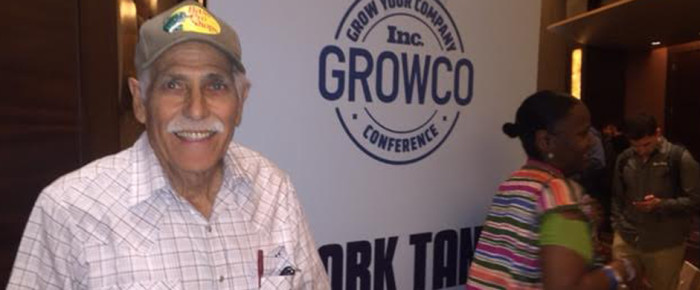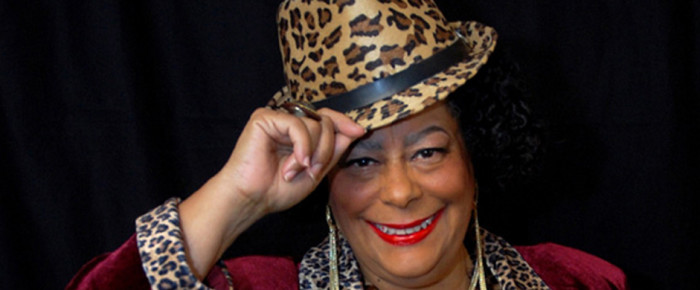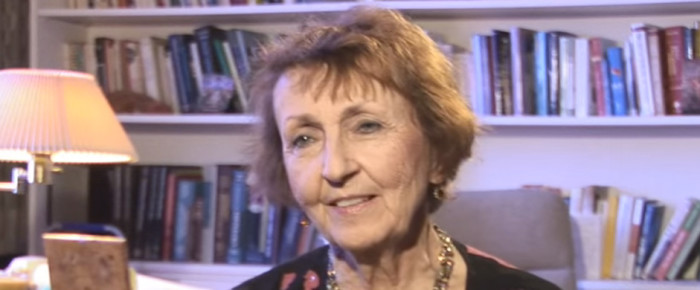Ivonne Coll is not a mother, or a grandmother, in real life, but she plays the role of both on television. Coll, otherwise known as Alba, plays the matriarch of…
Read morePonca tribe councilwoman explains activism at Standing Rock and why it’s not over

Casey Camp-Horinek has a gentle demeanor, with her long, salt and pepper-colored hair and lyrical voice. However, there is searing fire behind her caring, dark eyes. She was born into…
Read more


